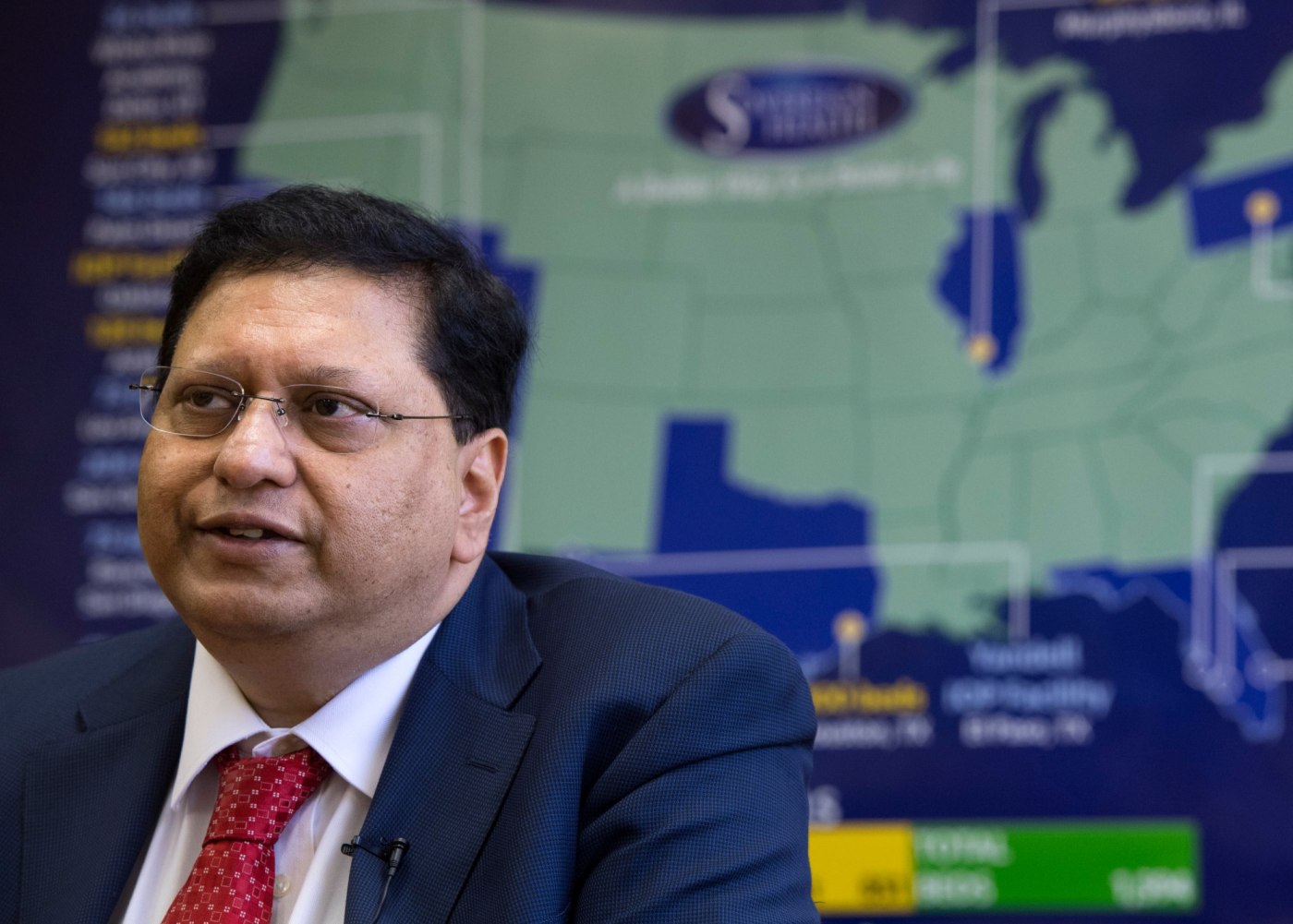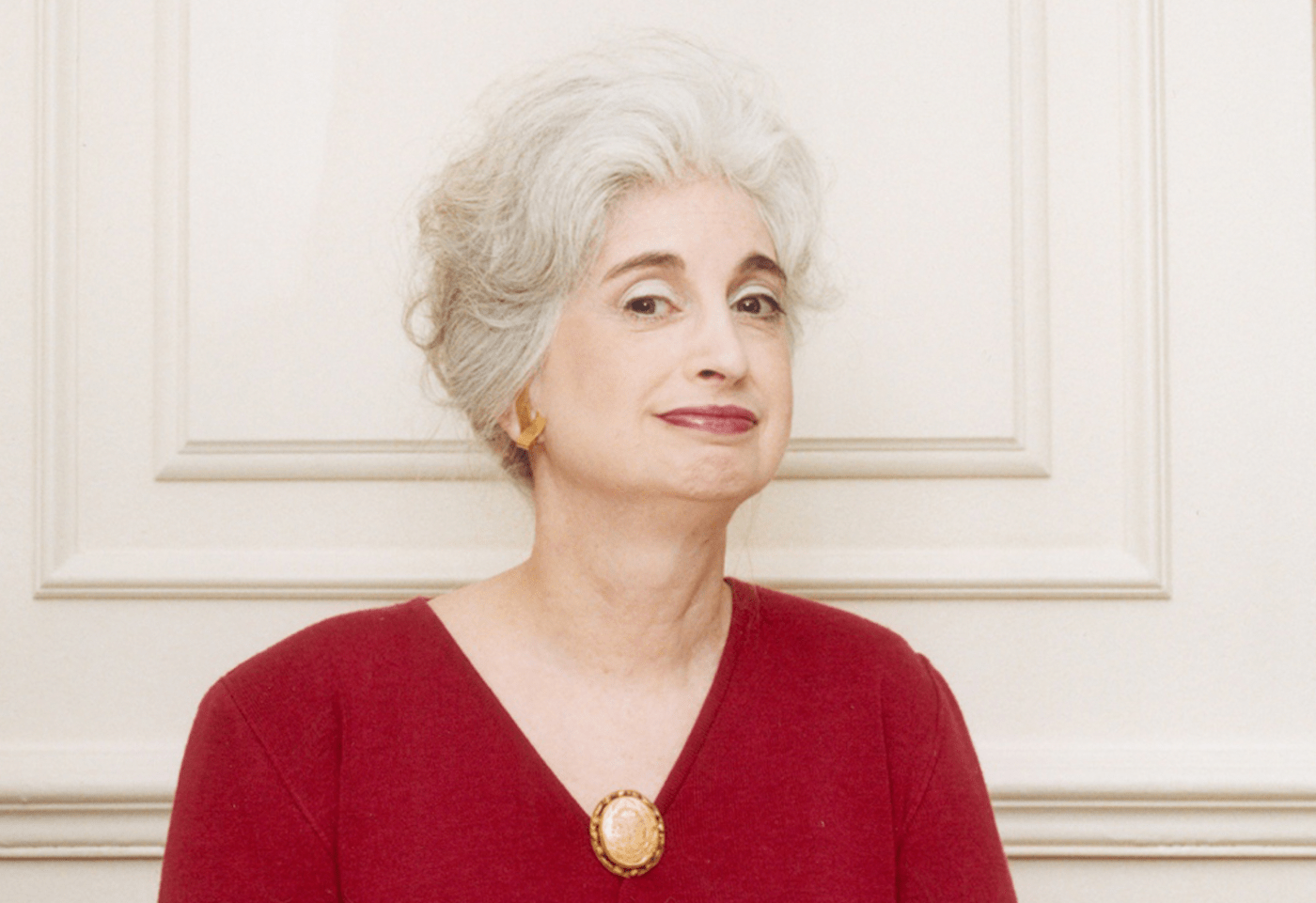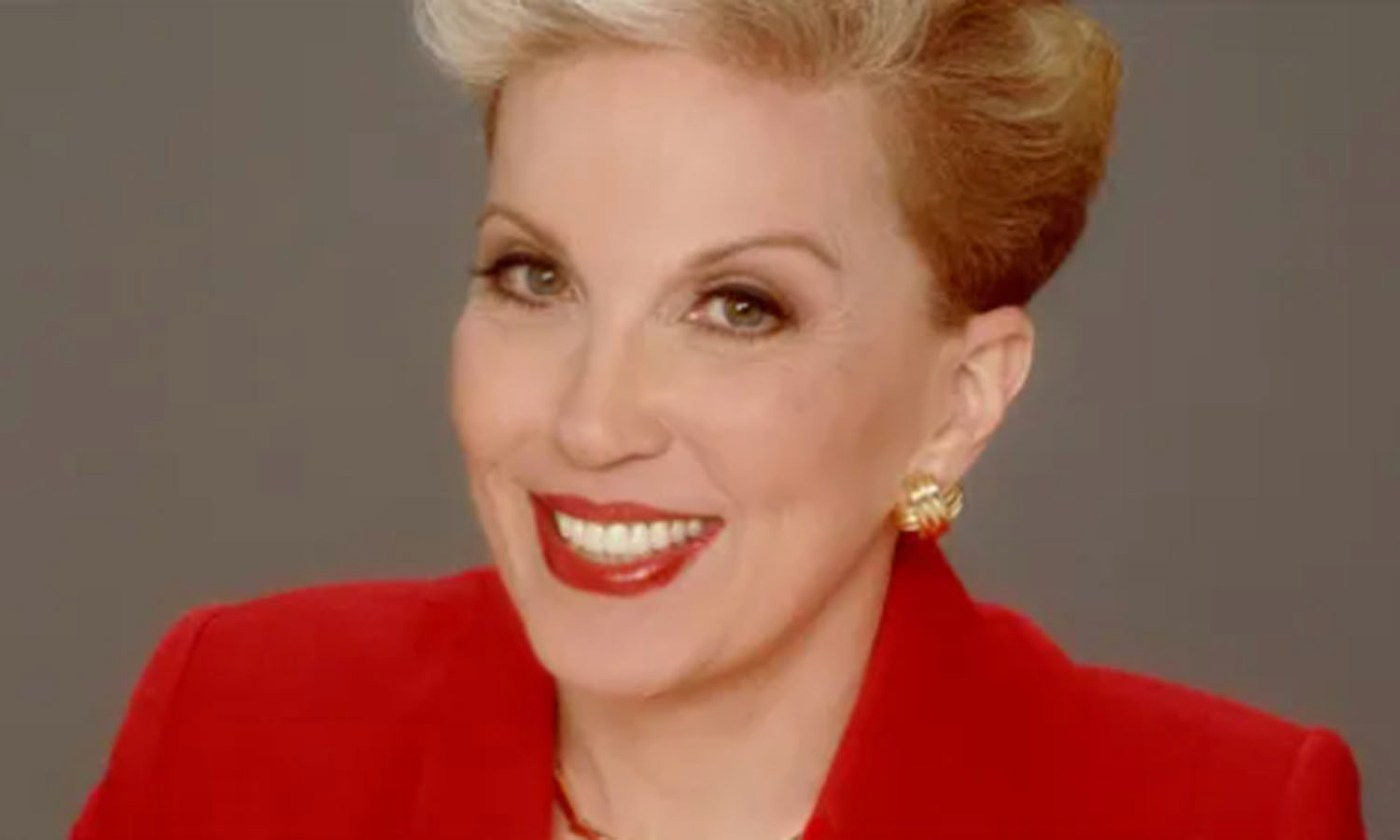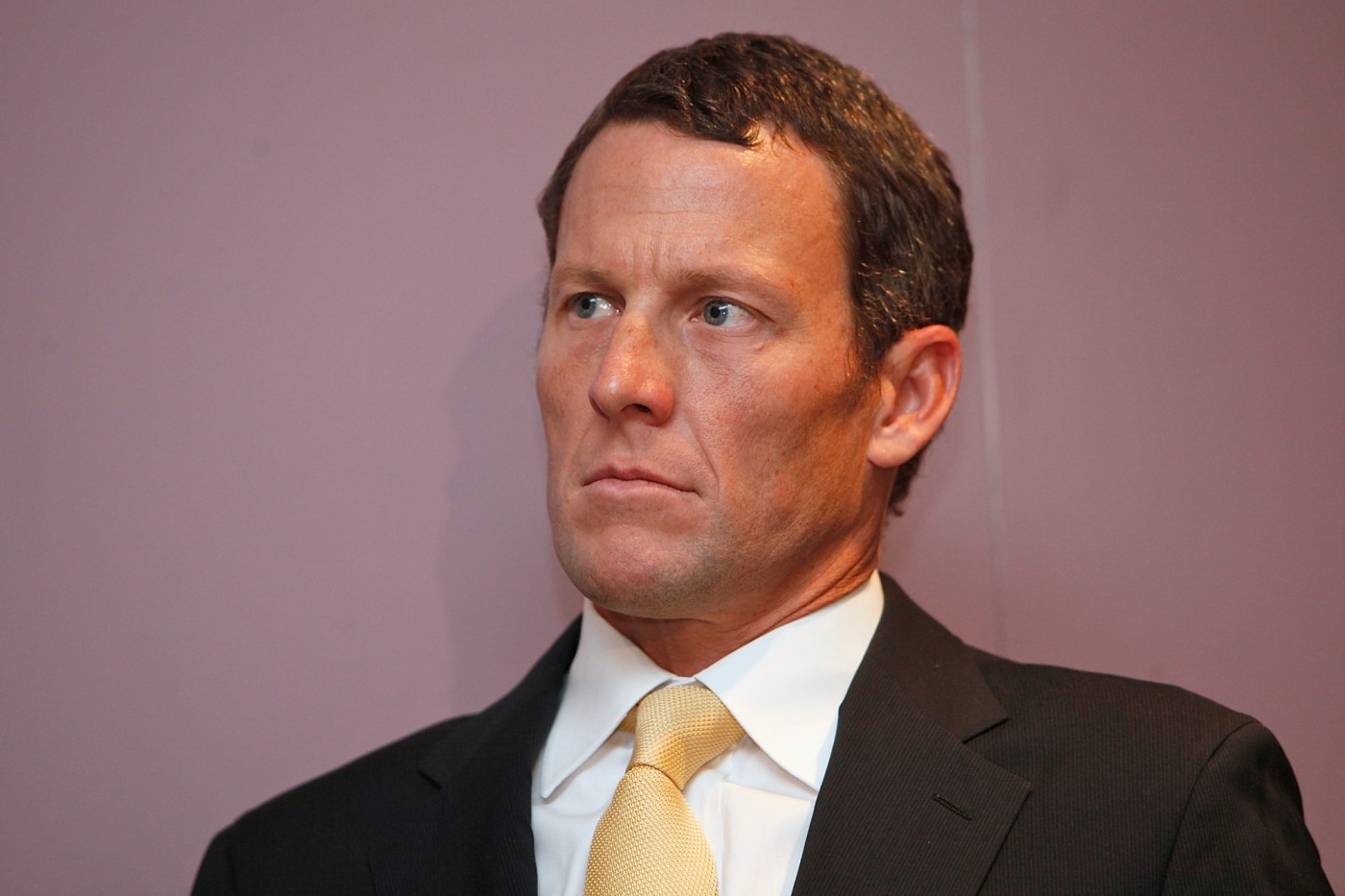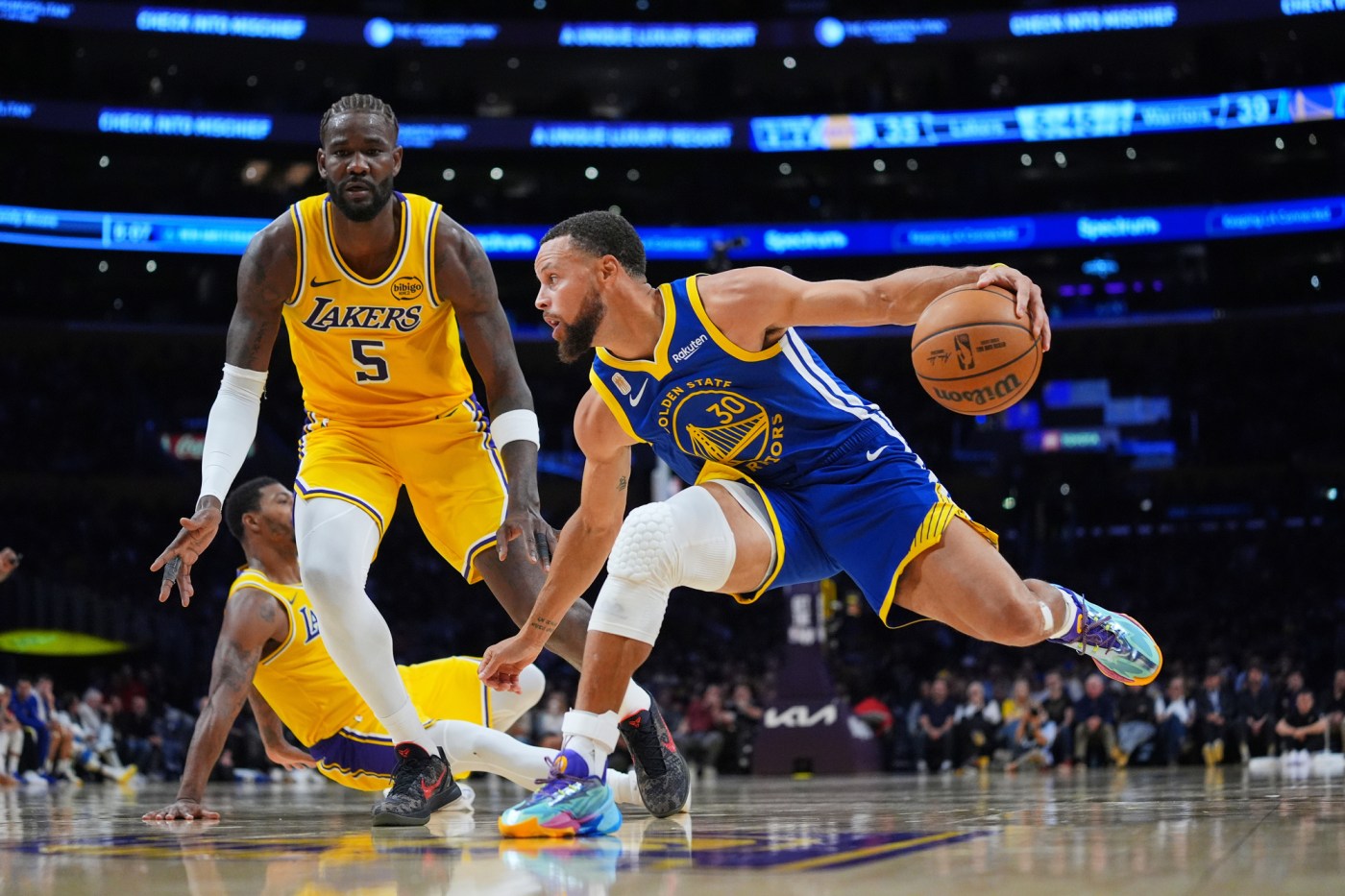Former drug rehab mogul Tonmoy Sharma was arrested Thursday, May 29, and charged with eight counts of insurance fraud connected to his San Clemente-based addiction empire, Sovereign Health Group.
The U.S. Department of Justice says Sharma – who in the 2010s was a regional leader in the drug and alcohol recovery industry – made $149 million worth of fraudulent insurance claims between 2014 and 2020. Prosecutors also say Sharma’s company ran up $29 million in unnecessary urinalysis tests that were conducted by Sovereign-owned labs, and that the company paid more than $21 million in illegal kickbacks to so-called “body brokers” who steered insured addicts into Sovereign-owned clinics.
Sharma, 61, of Tustin, was picked up at Los Angeles International Airport after returning from a trip, officials said. He was expected to spend Thursday night in federal custody and is scheduled to be arraigned in federal court in Los Angeles on Friday.
Related Articles
Pittsburg to overhaul policies curbing underage consumption of tobacco, alcohol and cannabis
California OK millions for 19 new Bay Area addiction and mental health treatment centers
Why do Bay Area homeless people turn down shelter beds?
Nearly a quarter of people on long-acting opioids develop addiction
California launches $24 naloxone accessible to state residents online
Sharma could not be reached for comment. Officials said late Thursday that Sharma does not yet have a lawyer but he is expected to have one during his arraignment.
A one-time Sharma employee, Paul Jin Sen Khor, 45, of Irvine, who worked as Sovereign’s cash management and accounts payable supervisor, also was arrested Thursday. He was charged with a single count of conspiracy and one count of making illegal payments for referrals to clinical treatment facilities.
Khor pleaded not guilty Thursday during his arraignment in U.S. District Court in Santa Ana. A federal judge scheduled a July 29 trial date, and Khor was released on $20,000 bond.
If convicted, Sharma faces up to 20 years in federal prison for each wire fraud count. Also, he and Khor face up to five years in federal prison for each count of conspiracy and up to 10 years in prison for each count of kickbacks, which prosecutors describe as “illegal remunerations.”
The criminal filings against Sharma and Khor mark the latest episode in a long-running saga that involves Sovereign, specifically, and, more broadly, the drug and alcohol recovery industry in Southern California.
In 2017, the Southern California News Group published Rehab Riviera, an investigative series that looked at widespread fraud, abuse and neglect in the drug and alcohol recovery industry in the region.
Among other things, the series found that the industry faced little state or federal oversight and that virtually anybody could start a recovery center. The series also found that many operators were wooing addicts to recovery operations in Southern California, often paying body brokers to bring them insured clients.
And, critically, the investigation found that many rehab operators were abusing loopholes in Obamacare – which requires insurers to pay for addiction recovery – and billing insurance companies tens of millions of dollars for extended, sometimes repeated, stints at rehab.
Many of those allegations were aired during a 2022 civil court case involving Sovereign and insurance giant Health Net.
Though Sovereign initially filed suit against Health Net, demanding payment for insurance claims, the health giant eventually won when a Los Angeles jury ordered Sharma and his company to pay nearly $45 million in damages and interest.
After a seven-week trial, the jury took a day to find that Sharma and his company acted with “malice, oppression or fraud,” and that Health Net had proved Sharma violated the Racketeering Influence and Corrupt Organization Act.
Beyond insurance fraud, the industry, widely, has been criticized by families of recovering addicts, and health care advocates, who say poorly run recovery centers have led to several deaths and, more commonly, poor health outcomes. The SCNG investigations have found several people died, often by drug overdose, at rehab centers that didn’t follow medical protocols or simply didn’t check up on patients.
The father of one former Sovereign patient said Thursday that he welcomed the criminal fraud charges against Sharma, but doesn’t feel it covers the scope of what he views as negligence by Sharma and his company.
“I’m very pleased that Sharma was arrested for his billing fraud, (but) the indictment does not address how Sharma did not provide promised professional treatment that has sentenced our family and other families to a lifetime of grief,” said Allen Nelson, whose son, Brandon Nelson, hanged himself in 2018 at a Sharma-owned sober living home that had claimed Nelson would be receiving top-of-the-line mental health treatment.
In 2021, Gov. Gavin Newsom signed “Brandon’s Law,” which prohibits recovery operators from misrepresenting or making blatantly false claims about the services they offer or where they’re located.
In 2023, the Nelson family won $11 million in a wrongful death claim against Sharma and his company.
Among other things, the claim said a Sharma-owned sober living home did not tell potential customers that in 2008 his license to practice psychiatry was revoked in the United Kingdom for conduct deemed dishonest, unprofessional and misleading.
Nelson said he plans to attend Sharma’s arraignment in Los Angeles.
